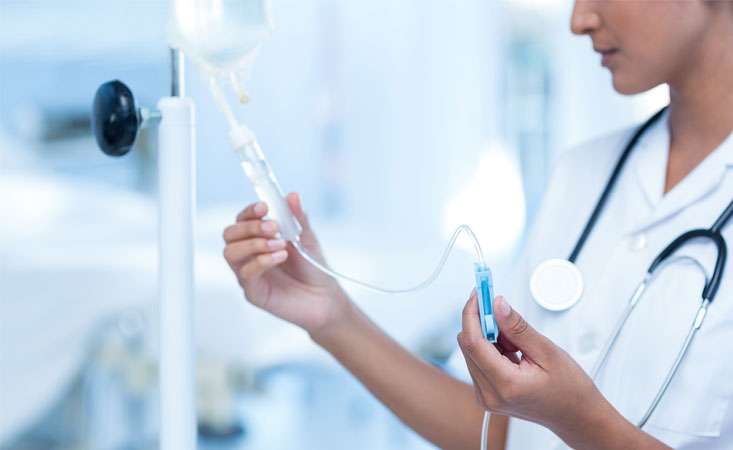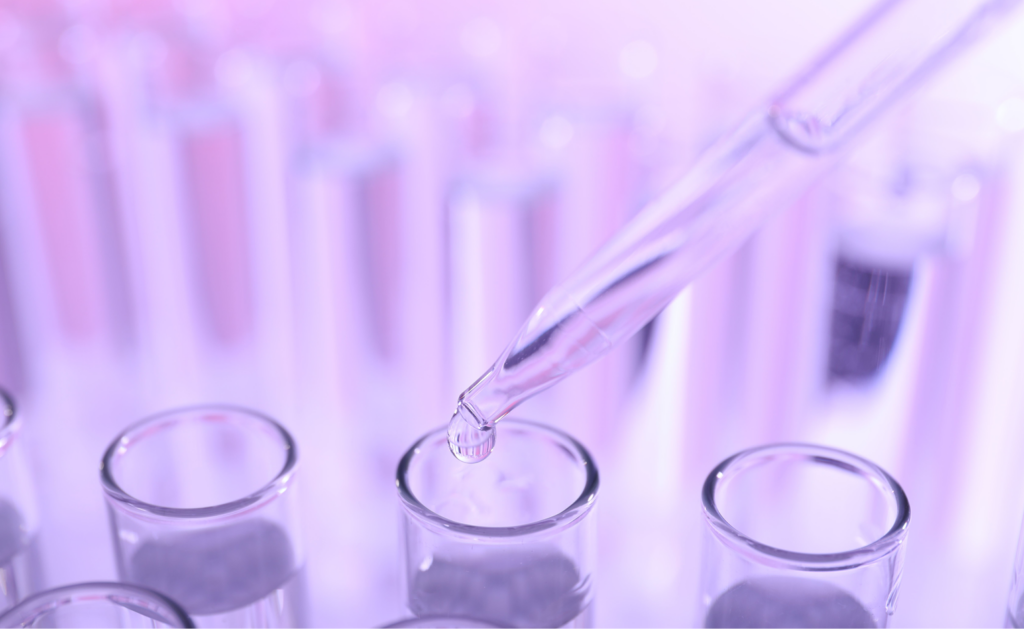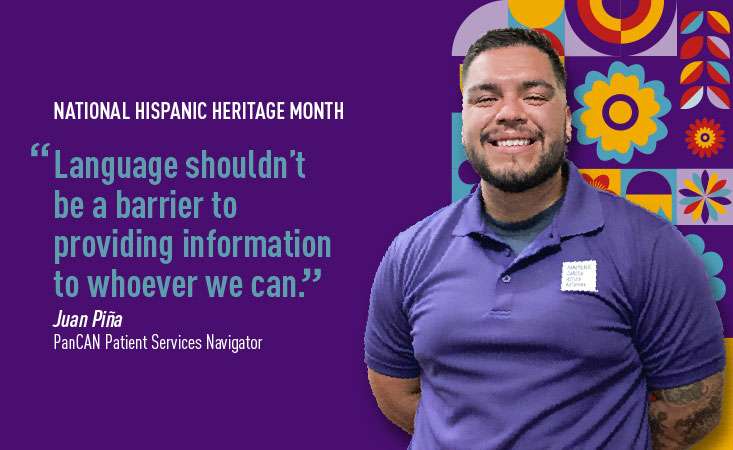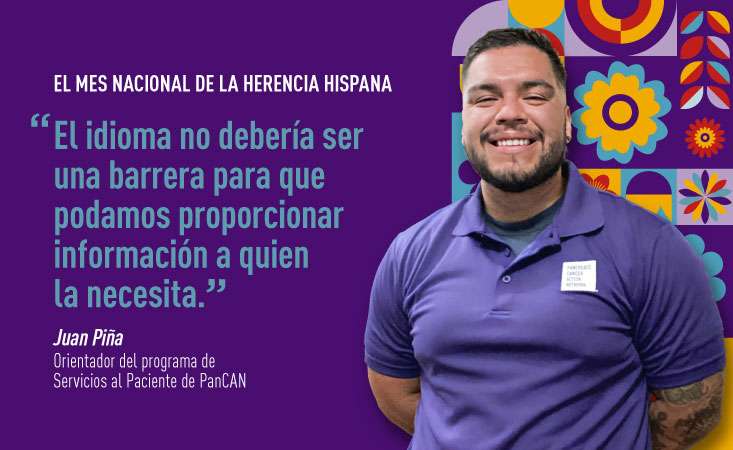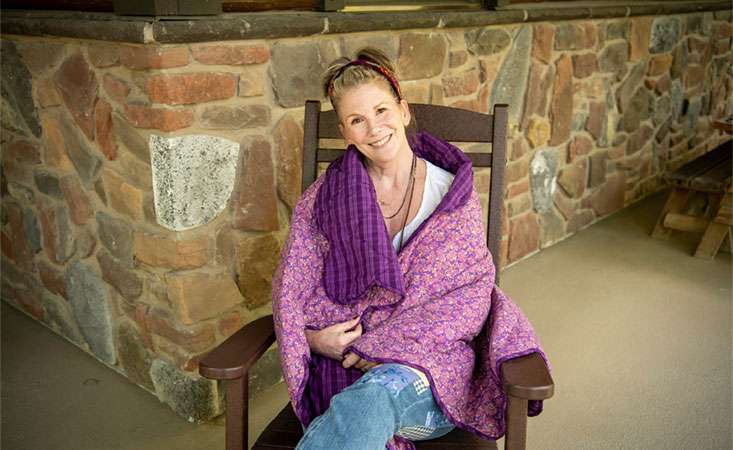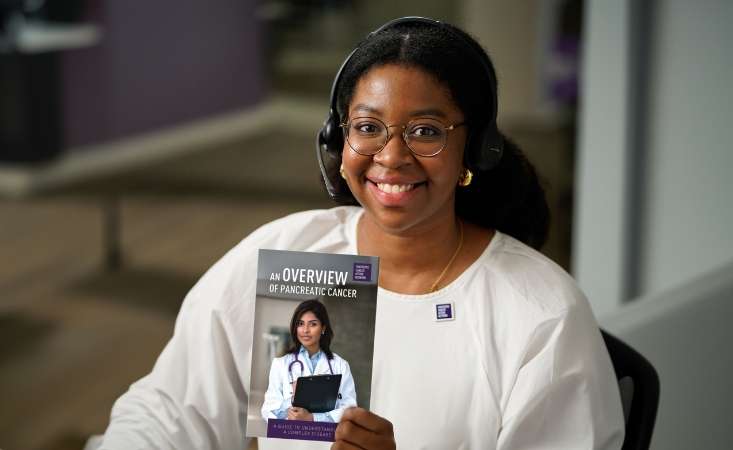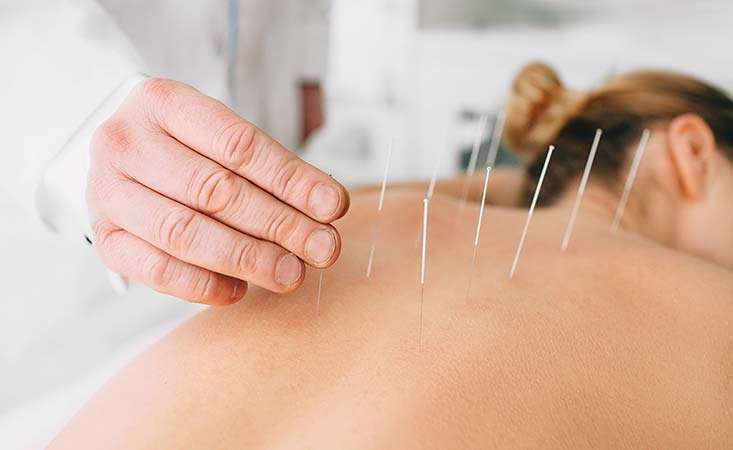
While undergoing treatment, it’s important for pancreatic cancer patients to feel as comfortable as possible. For some, acupuncture is a way to find some relief.
Acupuncture is a practice used to treat various issues or to support a person’s overall wellness. Because acupuncture may be able to help control treatment side effects, it is sometimes used as a form of supportive care or integrative medicine.
If you’re interested in acupuncture, or any other new treatment, check with your doctor first. Tell your doctor about the medicines you’re taking and any conditions you have, as these may play a role in determining what treatment may be best for you.
Here’s some helpful info to know about acupuncture.
What Is Acupuncture?
According to the Mayo Clinic, acupuncture involves inserting thin needles through a person’s skin, at various points and depths in the body, to stimulate certain areas. This stimulation is thought to increase the body’s natural painkillers to relieve discomfort.
The person who treats people with acupuncture is called an acupuncturist.
What Happens During a Session?
At your first session, the acupuncturist will start by discussing the condition you’d like treated, such as pain, depression and more. They will look at the strength, quality and rhythm of your pulse. They may also check other factors, like your complexion.
Based on your needs, the acupuncturist will decide the number of needles to use and their locations. The needles will stay in your skin for a few minutes or up to an hour. The acupuncturist may gently adjust the needles or apply pressure, heat or electric pulses to them.
These sensations should be mild, but you can always tell your acupuncturist if you feel any discomfort or need anything to be toned down.
What Happens After a Session?
At the end of the session, the acupuncturist removes the needles. Generally, there is no discomfort when the needles are removed.
You may feel relaxed after the session, or even energized. Or, you may not feel any different. Every person’s case is unique, but you may need more than one session to treat your issue.
Is Acupuncture Effective?
For cancer patients, acupuncture has been shown in some studies to reduce treatment side effects, like chemotherapy-induced nausea and pain. It may also help with other symptoms like fatigue, neuropathy and depression.
But if you’ve been trying acupuncture regularly (at least once a week) for a month and haven’t noticed any improvement, it might not be the best approach for you.
Is Acupuncture Safe?
Complications from acupuncture are rare, according to the National Center for Complimentary and Integrative Health.
Before you see an acupuncturist, check their credentials. Most states require a license to practice acupuncture.
Is It Covered by Insurance?
Many insurance companies offer policies that cover acupuncture, so be sure to check with your provider.
Taking good care of yourself can give you the strength to undergo treatment and the energy to live your highest quality of life. If you’re considering acupuncture, bring it up with your doctor and ask about any other approaches that may also help.


